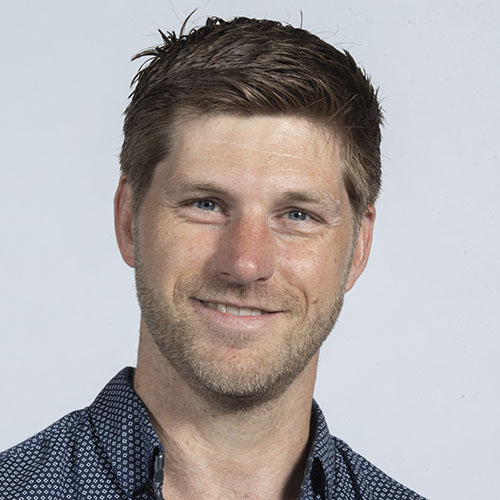What we do
About our project
Background
In the field of rehabilitation, we help the patients to regain their function and mobility after a stroke, traumatic brain injury or a spinal cord injury. With technology becoming more accurate, affordable and available, there are numerous chances to improve the rehabilitation process and improve the quality of life of the patients.
Aim
The aim is to develop technology and protocols to better understand the mechanisms behind stroke, traumatic brain injury and spinal cord injury and create innovative technology that can assist the patients and therapists during the rehabilitation process and after with regaining mobility and function and improving quality of life.
Approach
Since the mechanisms behind the function and mobility loss are not fully understood yet, the approach exists of a diagnostic technology and an assistive technology part which complement each other.
Diagnostic technology
To gain better insight in the mechanisms behind stroke, traumatic brain injury and spinal cord injury, innovative technology and protocols will be developed to obtain better understanding of the causes of function loss.
Assistive technology
To help patients and therapists during and after the rehabilitation process, we will develop technology that can assist and/or challenge the patient in making the required movements. With better understanding of the mechanisms behind function loss, we are able to more precisely develop and validate the assistive technology.
Our research focus
Diagnostic technology
Currently patients are mostly diagnosed using clinical measures which have their limitations, such as low inter-rater agreement, poor validity and lack of detailed information. Using robotic devices, which are able to apply force and position perturbations on the patient, it is possible to obtain more consistent and accurate information which is needed to better understand the mechanisms causing the functional problems. However, in the field of rehabilitation, there are many differences between patients and innovative experimental protocols are needed to be able to distinguish between them.
Assistive technology
There is a difference in functional loss between the patients, which results in different starting and finish points. We are developing technology that can assist during the rehabilitation process, for example in maintaining balance while walking and supporting arm movements, to enable earlier and more effective therapy. Since it is not known to what extend the function loss can be recovered, technology to assist the patient in normal living and coping with the remaining function loss will be developed.
Validating technology
There is a lack of standards in the field of technology and robotics. To be able to compare and understand the differences between products, it is necessary to be able to benchmark the different products.
Collaborations
Internal collaborations
Departments: Neuroscience, Neurology, Orthopedics
External collaborations
Our technological innovations concern technology readiness levels 1 to 9 from basic research to clinical testing and implementation. By nature we collaborate with the TU Delft in basic research and with Rijndam Rehabilitation Center for clinical testing in a living labs environment.

